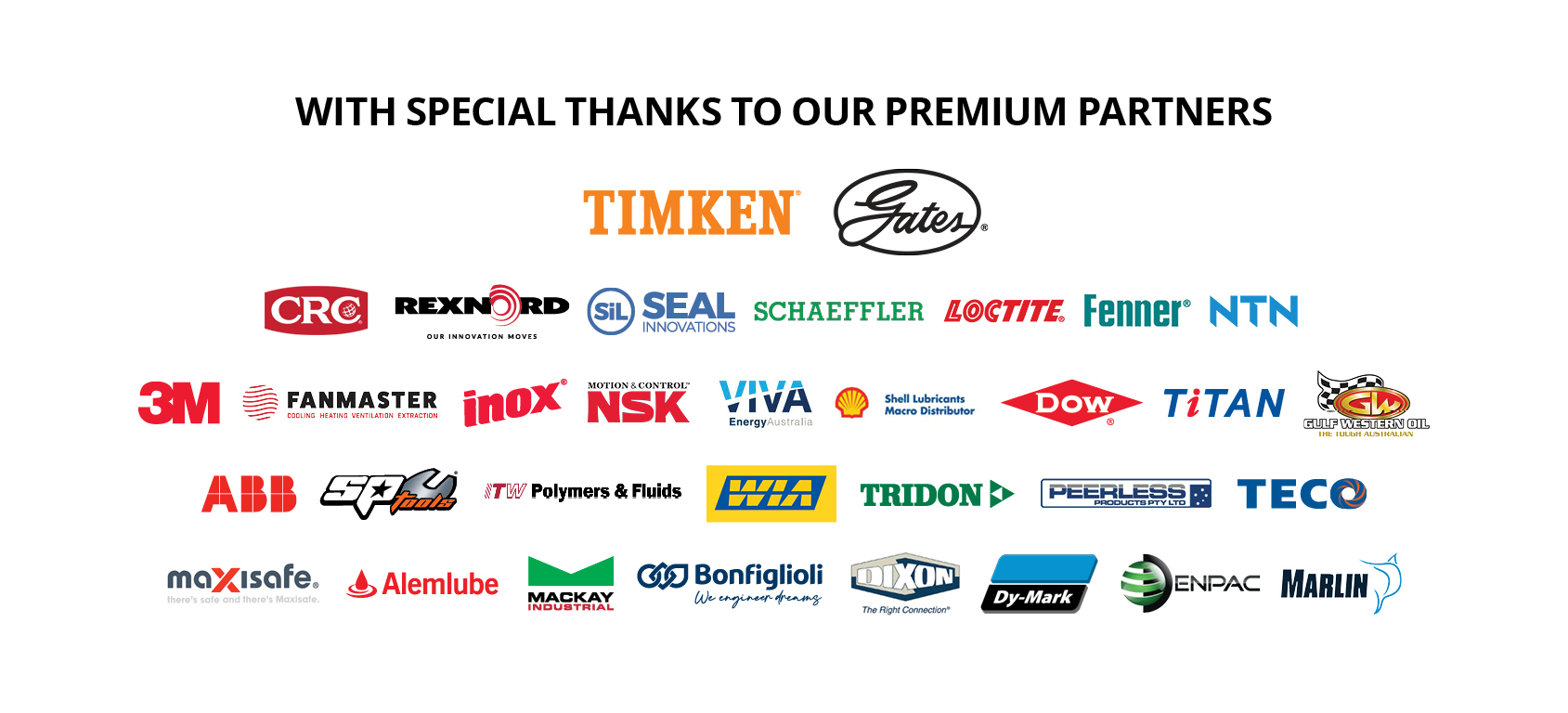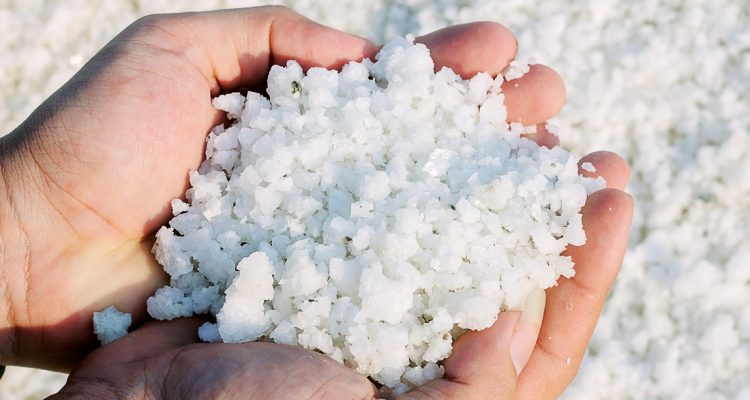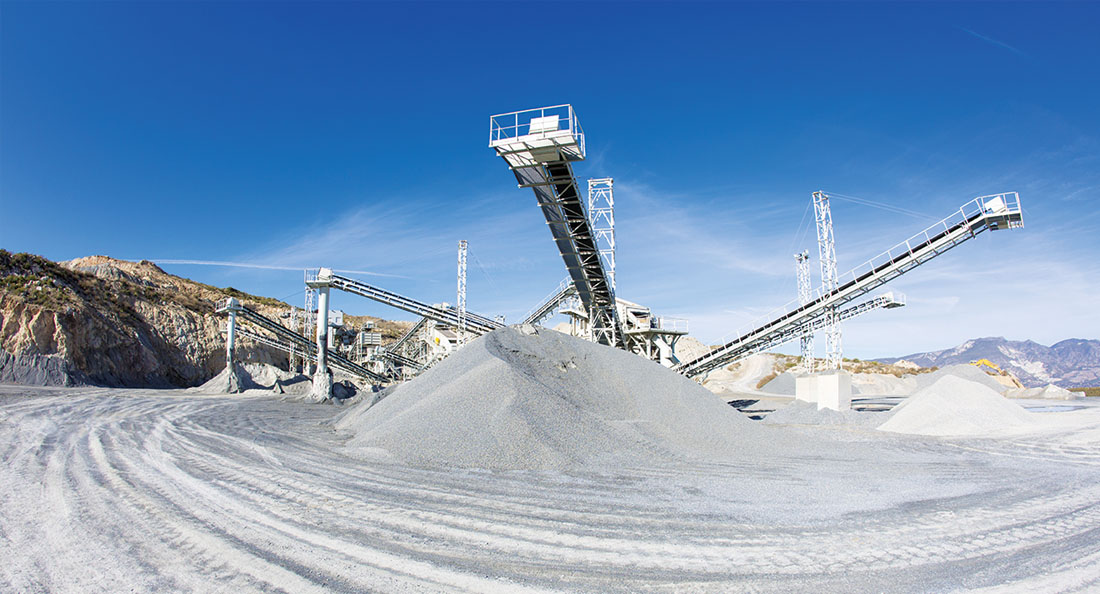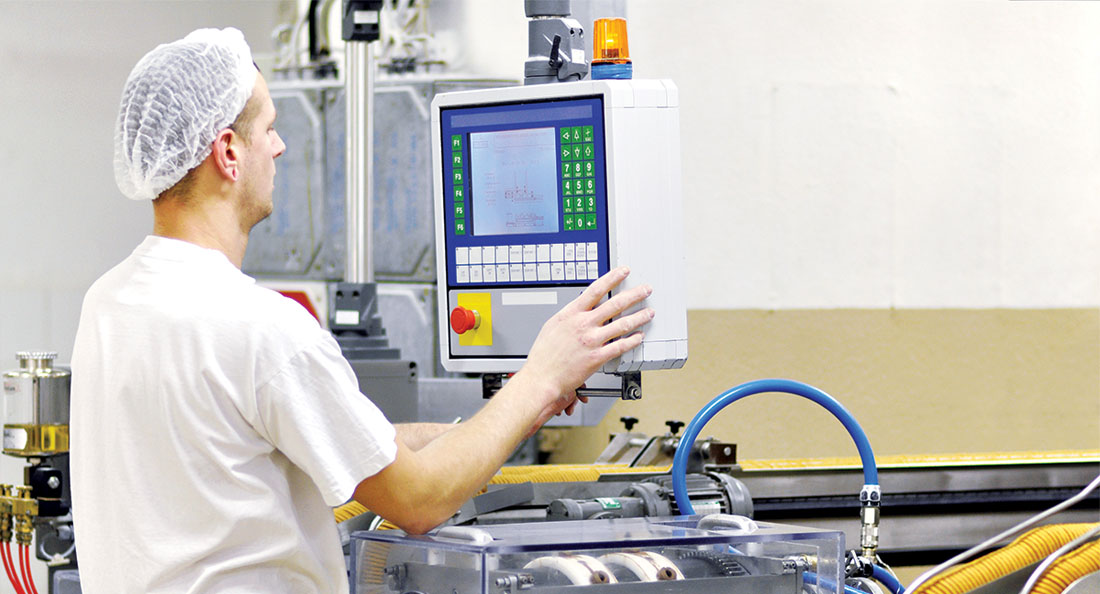“This place is five times more corrosive than the dead sea,” says Glenn Burney, BSC Product Specialist, as he describes the sea water dehydration plant where BSC is supporting its customer, a major salt producer, to set up a new chain conveyor system.
“The plant was previously using a steel roller conveyor system, but the rollers tended to corrode frequently in the highly corrosive environment. This in turn led to delays in the operation and held up the packaging line. To avoid this, the plant managers decided to switch to a chain conveyor system,” Glenn adds.
To put into perspective the nature and scale of operations at the salt refinery and production plant, Glenn says the salt is produced through a process of drying the sea water in large ponds by the action of sun and wind, then harvesting the crystalised layer of salt when it reaches the desired concentration to further dry it in the refinery and pack it into bags.
“The three-metre long conveyor in question transports 1500-kilogram pallets of salt bags through the packaging line, from the bagging unit to the wrapping unit. The conveyor is fed continuously, carrying one pallet at a time. The conveyor is exposed to corrosion from the salt,” he explains.
With the decision to install a new chain conveyor system, there was a need to source suitable roller chains that could meet the job’s requirements. Glenn’s recommendation, without any hesitation, was to go with Diamond stainless steel chains and stainless steel sprockets.
“Any other chain would get corroded in this environment,” says Glenn. “Diamond’s stainless steel chains have excellent corrosion resistance, while at the same time being hard enough to resist the wear that the conveyor endures.”
BSC is an exclusive distributor of Diamond chain by Timken products in Australia, with a relationship spanning more than 30 years. The two companies work closely to offer 24/7 technical support globally. Troy Markland, BSC’s National Product Manager for Power Transmission says Diamond produces four types of stainless steel conveyor chains.
“The 300 series and the AP series Diamond stainless steel chains are the two most common types. While the 300 series chains have the best corrosion resistance and are non-sparking, the AP series offers the best balance of wear resistance and corrosion resistance,” says Troy.
“The other two types are the 600 series stainless steel chain and the 400 series stainless steel chain. Stainless steel chains are available in a wide range of single-pitch and double-pitch chains and they can be custom-manufactured for applications that require special attachments, extended links, etc.” he adds.
Troy’s advice for ensuring maximum chain life is to always keep the sprockets in good condition.
“The sprockets should be inspected at every chain replacement. As part of BSC’s support to customers, we can help by educating the maintenance team about the most efficient ways to inspect the sprockets to ensure maximum chain life.”
Correct chain tension is also critical for optimum chain life, Troy elaborates.
“Through periodic measurement of the chain length and comparing it to the maximum allowable elongations, unexpected chain failure can be prevented. You should consider replacing the chain when pitch elongation reaches 1.5% for critical drives or 3% for standard drives,” he says.
Going back to the salt refinery, Glenn says the plant managers appreciate the support they receive from the BSC team in terms of product knowledge and technical capabilities.
“The support we offer to the customer mostly revolves around corrosion protection. This may include supplying them with corrosion-resistant bearings or aerosols to protect their electrical equipment from rust,” he says. “With all those solutions, we always try to introduce new and innovative products that help resolve the customer’s problems and this is what I love most about working at BSC: We are problem-solvers.”




